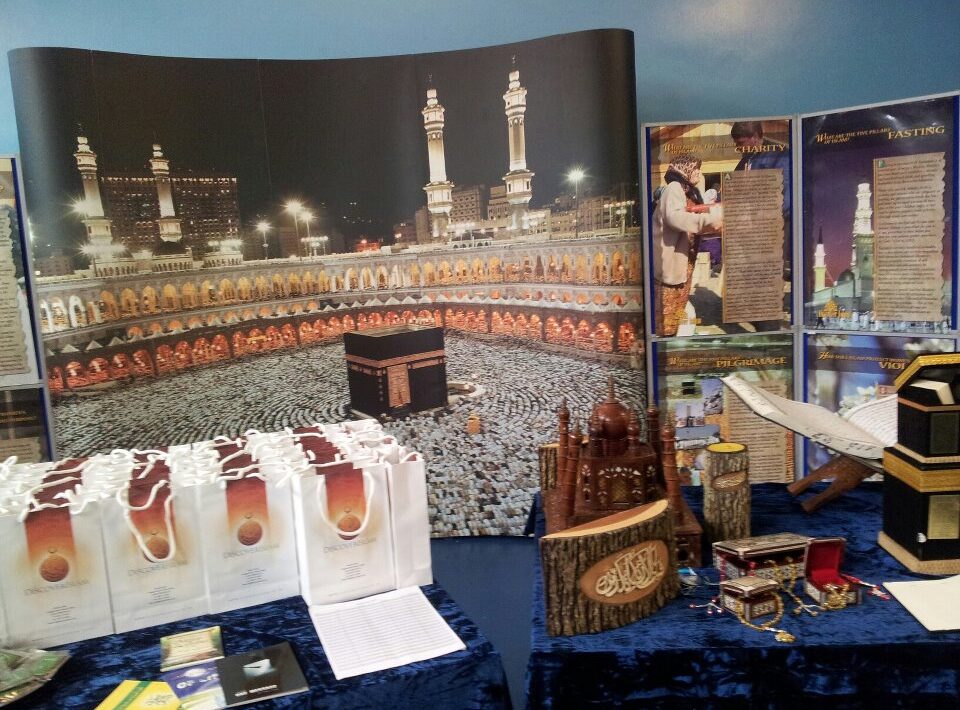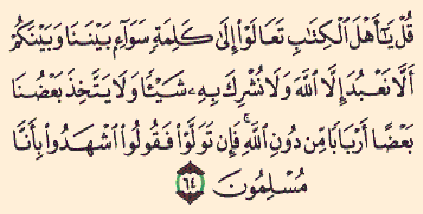The Prophet’s Da`wah Methodology (Part 3)
In this part, Dr. Badawi will continue talking about some specific elements and aspects of the Prophet’s methodology in discharging this sublime duty.

In this part, Dr. Badawi will continue talking about some specific elements and aspects of the Prophet’s methodology in discharging this sublime duty.

In this part, Dr. Badawi discusses the sixth and seventh elements and aspects of the Prophet’s methodology in discharging this sublime duty and concludes the series with few comments.

Da`wah is an obligation, however sometimes it is much easier to call to Allah than other times. How are we to deal with the difficulties we face?

While travelling to give talks and lectures around the world, I meet all types of people who are curious about my culture, or who have had some experience with it and want to share their stories.

Having patience is one of the traits of a Muslim, and I’m not sure why it’s not practiced in these cases. Most probably born Muslims are too excited about gaining a new Muslim and assume that all a person needs to change faith is some “encouragement” from others. This of course is not true, but unfortunately many have little or no experience of dealing with non-Muslims or people from different cultures.

One of the basic communication skills that most of us overlook is effective listening. People think 4 times more when they’re listening in comparison to when they’re doing the talking themselves.

If you want to know how to give Da`wah to Christians, watch this presentation Dr. Sabeel Ahmed given at Islamic Center of Tucson (ICT).

Many Muslims in non-Muslim environments face a dilemma when someone asks them to explain Islam or to justify some rituals or behaviors Muslims practice. Particularly following the shocking events of September 11th., many doubts and suspicions were created on both sides: Non-Muslims are suspicious of Muslims being terrorists, while Muslims are suspicious about spies and infiltrators of the community.